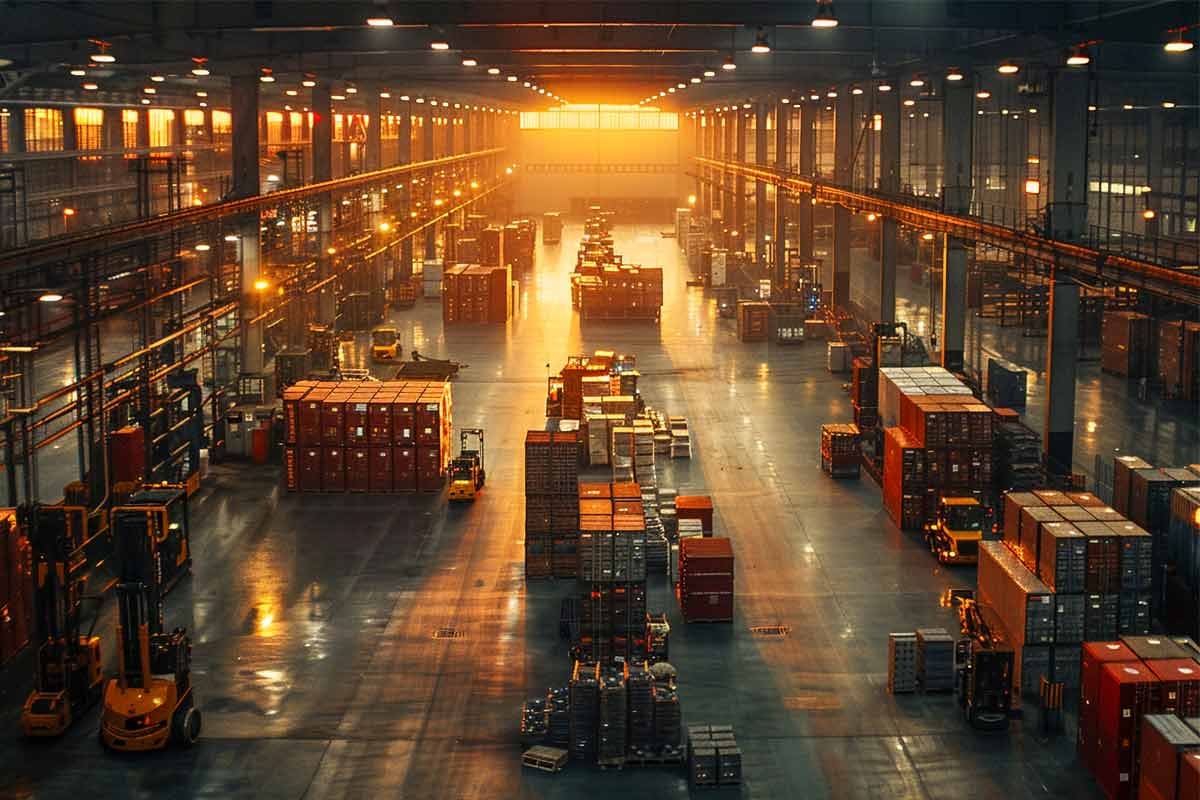Home Networking Elevate Your Career: 5 Compelling Reasons to Start...
Read MoreChallenges and Opportunities of Logistics

Logistics is critical to a healthy world economy and business from global supply chains to local delivery services. Logistics is the process of planning, organizing, and managing the movement of goods and raw materials in the supply chain. It covers a wide range of topics from supply chain management, transportation, and warehousing to procurement, inventory control, and strategic logistics planning. Effective logistics management ensures smooth movement along the supply chain. A proper method is necessary for the challenges and opportunities of Logistics.
What are the functions of logistics?
Transportation and warehousing are the two major functions of logistics. Transportation management focuses on planning, optimizing, and executing the movement of goods between warehouses, retail locations, and customers. It is a complex process that involves planning and optimizing routes and shipment loads, order management, cargo auditing, and payment. Warehouse management includes inventory management and order fulfillment of customer demand. It also involves managing warehouse infrastructure and processes.
Importance of Logistics

1. Enhances Efficiency and Reduces Cost
It optimizes operations to ensure timely delivery of goods and services. It improves the load planning and route management.
2. Supports Globalization
Logistics is a key to globalization. It extends the reach to international markets, managing the movement of goods across borders efficiently which increases economic integration and global trade.
3. Improves Customer Satisfaction
Logistics ensures that customers receive their products on time and in good condition. Reliable customer services are crucial for maintaining customer satisfaction and loyalty.
4. Facilitates E-commerce Growth
It relies heavily on sophisticated logistics networks which include faster, more reliable delivery and accurate tracking systems.
5. Encourages Sustainability
Logistics plays a major role in promoting sustainability within supply chains. The strategies like optimizing routes to reduce fuel consumption, using eco-friendly packaging, and streamlining operations to decrease waste.
6. Drives Technological Integration
Inventions like artificial intelligence, machine learning, robotics, and blockchain transforming traditional practices. These technologies help improve accuracy in tracking and forecasting, reduce human error, and enhance overall efficiency.

The logistics industry separates the supply chain process into five areas.
Planning: Delivering the right amount of raw materials to meet consumer demands.
Packaging and Unitization: packing and bundling the products to preserve the quality.
Inventory Control: Warehousing and storage of materials, components, and finished products.
Transportation Management: Contracting with shipping providers to deliver materials and goods as quickly and cost-effectively as possible.
Information and Control: Gathering and interpreting data to develop the most efficient logistics strategy possible.

The future of logistics
The future of logistics is shaped by a combination of technological innovation, evolving consumer demands, and increasing global trade. Automation and robotics are set to revolutionize logistics operations. From automated vehicles and drones for delivery to robotic systems for warehousing and handling, reduce human errors. It improves accuracy and safety in warehouses and transportation. Next is artificial intelligence and machine learning plays an important role in transforming the future of logistics. It helps to predict trends, manage inventory, and optimize routes. AI forecasts the demand more accurately, enhances supply chain visibility, and automates decision-making processes.
Sandhra Vijay
Content Creator
D Soft Technologies
AI or Data Science: Which Has More Job Opportunities in India?
Home AI & Data Science AI or Data Science: Which...
Read MoreRecent Articles
Elevate Your Career: 5 Compelling Reasons to Start Your CCNP Journey Today
Home Networking Elevate Your Career: 5 Compelling Reasons to Start...
Read MoreAI or Data Science: Which Has More Job Opportunities in India?
Home AI & Data Science AI or Data Science: Which...
Read More
